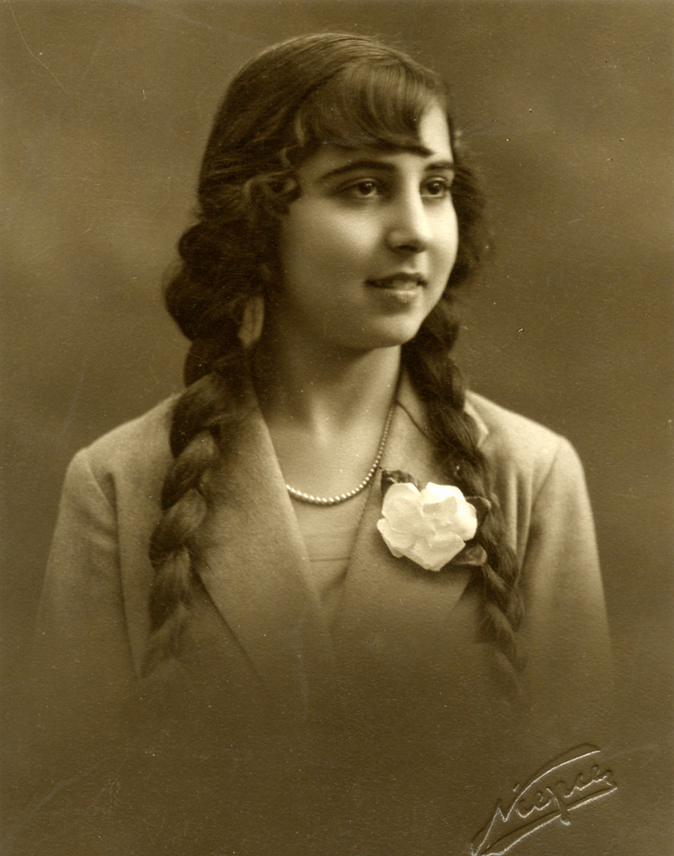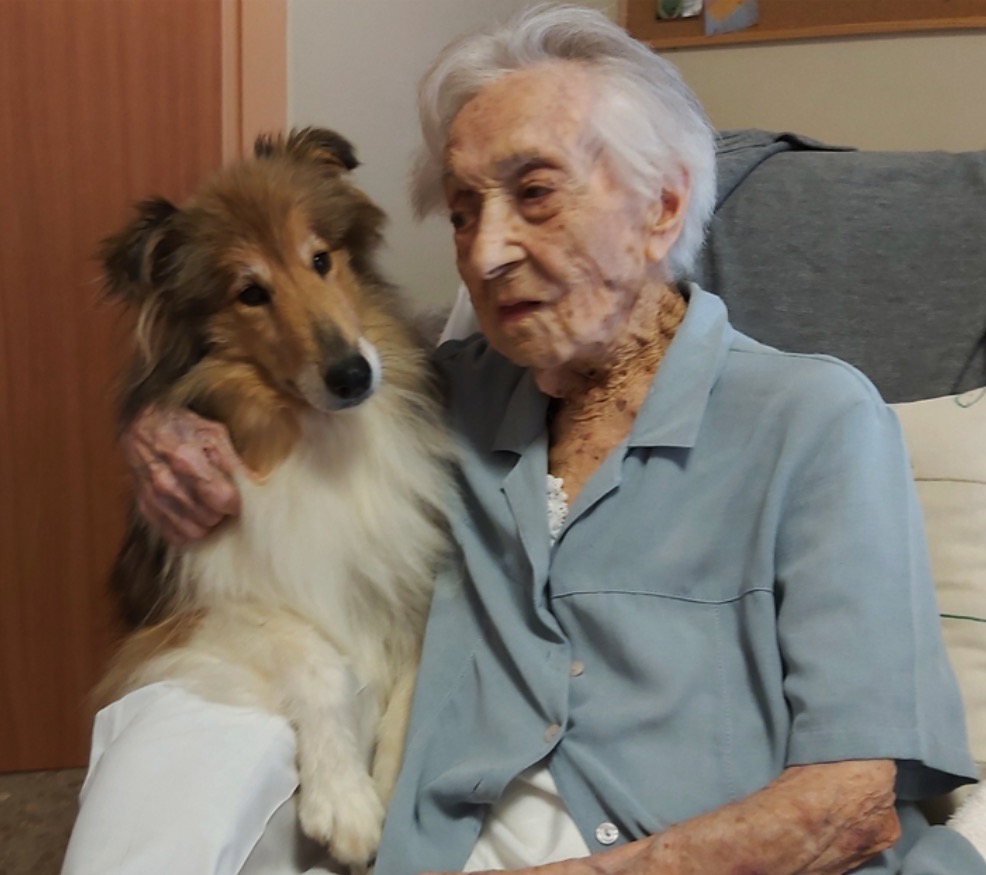What can we learn from a life that spanned 117 years? This was the question posed by Maria Branyas Morera, a Spanish-American woman whose extraordinary life began in 1907 and witnessed over a century of human history. Before her passing in 2024, she made a remarkable request to scientists: to study her DNA in the hope that her longevity could provide clues for others. This selfless act initiated a groundbreaking study, offering a rare glimpse into the biological makeup of one of the world’s oldest people and challenging our fundamental assumptions about aging and health.
A team of researchers from the University of Barcelona and the Josep Carreras Leukaemia Research Institute took on the task. Their goal was to understand why Maria defied the common rule that advancing age inevitably brings sickness. The lead investigator, Dr. Manel Esteller, explained that they aimed to separate being old from being sick, a distinction that Maria embodied perfectly. The results of their analysis were astounding, revealing that her biological age was effectively 10 to 15 years younger than her chronological age, painting a picture of a sprightly centenarian.

The scientific examination uncovered several fascinating aspects of her physiology. Maria had exceptionally low levels of harmful cholesterol and triglycerides, coupled with very high levels of good cholesterol. This ideal lipid profile undoubtedly contributed to her cardiovascular health. Furthermore, scientists took a keen interest in her telomeres, the protective caps on the ends of chromosomes that typically shorten with age. While her telomeres were short, a trait usually linked to higher mortality, researchers speculated that in her unique case, this may have even helped protect her by potentially limiting the growth of cancer cells.

Beyond her genetics, Maria’s lifestyle provided a clear blueprint for healthy living. She exercised regularly, avoided tobacco and alcohol, and maintained a vibrant social life. Her diet also included a notable favorite: a specific brand of probiotic yogurt, which she consumed regularly. This yogurt, rich in inflammation-fighting bacteria, may have played a supporting role in her overall well-being. Her mornings began with a nutrient-packed smoothie containing eight different cereals, highlighting a lifelong commitment to nutritious eating.

Maria’s own advice for a long life was deeply rooted in emotional and mental well-being. She advocated for order, tranquillity, strong family connections, and contact with nature. She stressed the importance of emotional stability, avoiding worries and regrets, and cultivating a positive outlook while staying away from toxic people. Her legacy, now cemented in scientific research, demonstrates that extreme longevity is a complex mix of the genes we inherit and the lives we choose to lead, offering a powerful message of hope for aging healthily.


